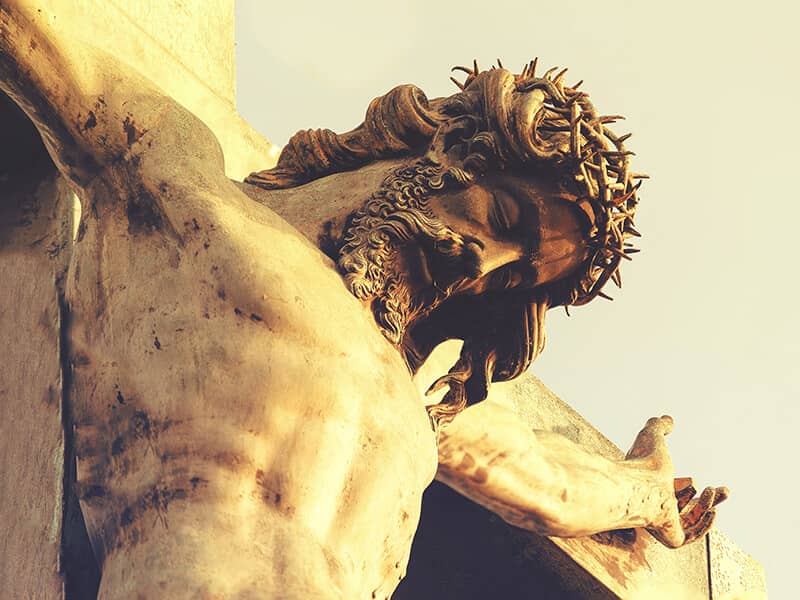
Patiently Bearing Fruit : Read Matthew 13:18-23
Every person experiences their journey of faith differently. Likewise, in our individual journeys, we will experience many difference seasons in our faith. Jesus’s parable of the farmer (13:18-23) helps us to recognize these different seasons and teaches us how to respond.
First, Jesus talks about the “seed that was sown on the path,” representing people who hear the gospel but don’t understand. Are there ideas about faith and spirituality that you don’t understand? Do you simply give up on these questions, or do you explore them? Are there people in your community whom you could seek out in order to explore these questions more deeply?
Second, Jesus talks about the “seed that was spread on rocky ground” that spring up quickly but have no root. Do you ever have experiences with God where you feel emotionally connected, but then later you drift away? How could you stay connected to God not just during certain emotional experiences? Maybe you could journal, read, spend time in prayer, go to church, run, do art, meet with friends or mentors?
Third, Jesus speaks of the “seeds … among thorny plants.” This represents people who let the “worries of this life” and the “false appeal of wealth” distract them from God and acting faithfully. What distracts you from hearing God?
And fourth, Jesus tells about the “good soil” that “bear(s) fruit.” Are there people in your life who are consistently faithful, generous, compassionate, and justice-seeking? How do they manage to live in this way? How is this passage inviting you to long-term, patient faithfulness?

Some of the parables that Jesus tells are meant to disturb rather than comfort, to tell hard truths rather than give us a vision of what could be. Some parables are designed to wake us up and motivate us to action by warning us about the consequences of our destructive ways of domination. The parable of the unforgiving servant (18:23-35) is one such parable. At first glance we might interpret the king in this story as the hero and the servant as the unforgiving bully. The king does show pity in the beginning. And yet when we read to the end, we learn that the king resorts to violence and ends up throwing the servant into prison to be tortured. The king’s pity is short-lived and in the end, both main characters turn to retribution. This parable shows a world without forgiveness, a world devoid of mercy. It is our own refusal to forgive and to end cycles of retribution that puts us all in bondage. Why would Jesus tell this disturbing parable in the context of Peter’s question about the limits of forgiveness? Who in the story has power to forgive and change the course of things? How might the story have ended differently if the characters had chosen a different way? Why do you think forgiveness is such an important practice for the community of disciples? For us?
Forgiveness: Read Luke 15:1-3, 11-32
The parable of the Prodigal Son has fascinating characters (15:1-3, 11-32). The younger son gets a generous gift of inheritance from his father but wastes it. The older son is well behaved. He follows the rules and does his job. In this parable, both sons make mistakes, but the difference between them lies in how they respond to their father’s invitation to the party. The younger son is able to accept grace from his father. But the older son is too bitter. He is convinced that, since he didn’t make the mistakes that his brother made, his brother should not be forgiven. To which brother do you relate? Do you ever feel like you have foolishly wasted the gifts that God has given you? Do you imagine God as unforgiving or as the forgiving father in the story? Or do you ever feel like the older brother when you do everything right, but then you struggle to be forgiving when others need forgiveness and support? Could we be both of the brothers in the story?


